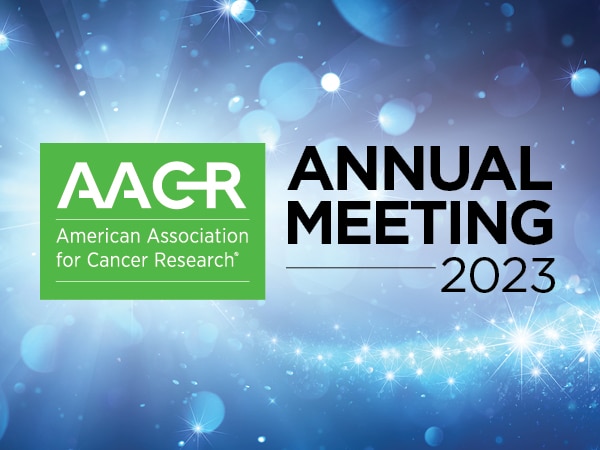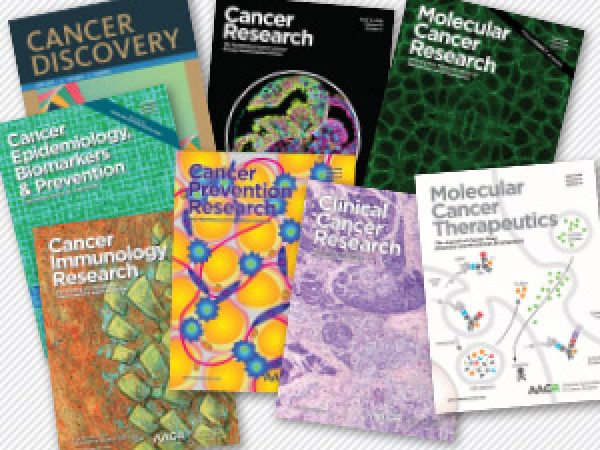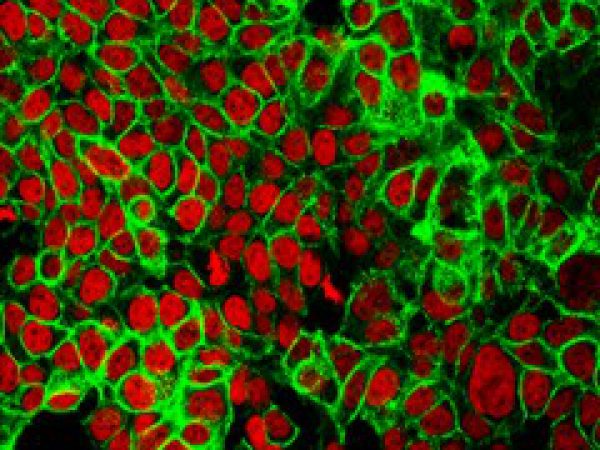Paving the Way for Research on Combination Therapies
Patients have long benefited from combination treatments—whether combining surgery with chemotherapy and radiation, or combining chemotherapy agents in succession. Building on the logic that attacking cancer from multiple angles is often better, scientists are researching whether promising immunotherapy drugs used in combination could impact patient survival.
In the winter 2016/2017 issue, Cancer Today breaks down the potential patient benefits and risks of combining immunotherapy drugs, and traces the journey of Carole Baker, a stage IV non–small cell lung cancer patient who has had success and setbacks participating in clinical trials with combination drugs. “Emerging combination therapies have led to promising patient survival in trials, but they have also brought serious side effects,” the article states.
Cancer Today also details some researchers’ efforts to streamline research on new experimental combination treatments. Of the nearly 1,500 clinical trials testing drug combinations launched in 2014 and 2015, 80 analyzed combinations of experimental drugs, but only nine of those trials tested drugs from different companies. The article highlights some burgeoning efforts to increase collaboration.
Earlier this month, the National Cancer Institute (NCI) unveiled a plan that aims to help provide access to agents from different pharmaceutical companies by making the NCI an intermediary between researchers at NCI-designated cancer centers and six drug companies. The initiative establishes the NCI Formulary, which will allow access to 15 targeted agents made by Bristol-Myers Squibb, Eli Lilly, Genentech, Kyowa Kirin, Loxo Oncology, and Xcovery.
“The NCI Formulary will help researchers begin testing promising drug combinations more quickly, potentially helping patients much sooner,” said NCI Acting Director Douglas Lowy, MD, in a statement. “Rather than spending time negotiating agreements, investigators will be able to focus on the important research that can ultimately lead to improved cancer care.” The NCI hopes to double the number of partnerships and drugs available in the NCI Formulary by the end of 2017.
Cancer Today, a magazine for patients, caregivers, and survivors, is published by the American Association for Cancer Research.



